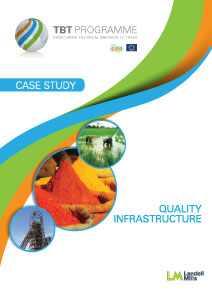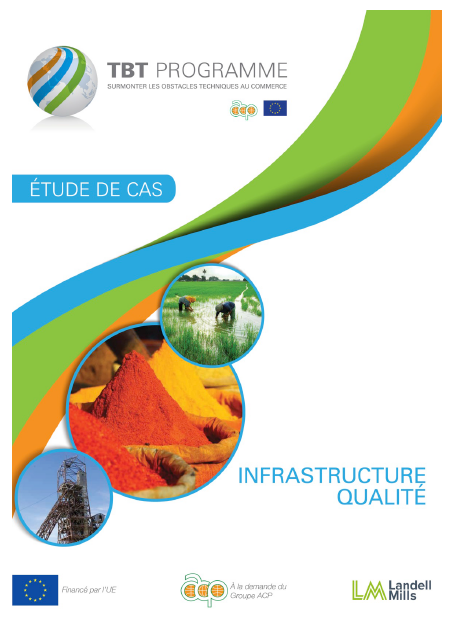Quality Infrastructure
|
Image

Quality infrastructure (QI) refers to the public and private institutional framework needed to implement standardisation, accreditation and conformity assessment services including inspection, testing, laboratory and product certification. Governments often play an important role in QI. Governments also delegate QI responsibilities to the private sector, such as laboratory work and other testing and inspection procedures. |
Image

|
|
Developing an effective quality infrastructure poses many challenges for ACP countries. QI facilities, such as laboratories, are expensive to develop and operate. Equipment is costly, and specialised technicians are needed to undertake QI work. Yet without an adequate quality infrastructure, ACP countries will have enormous difficulties maintaining and increasing market access for their exports – particularly exports to developed countries. They will also have tremendous difficulty ensuring that the goods sold on their market are safe and meet domestic and international standards. QI is therefore important, not only as a means to maintain and increase market share, but also as a means to maintain and develop consumer confidence. |
|
|
|
|
|
CASE STUDY
|


